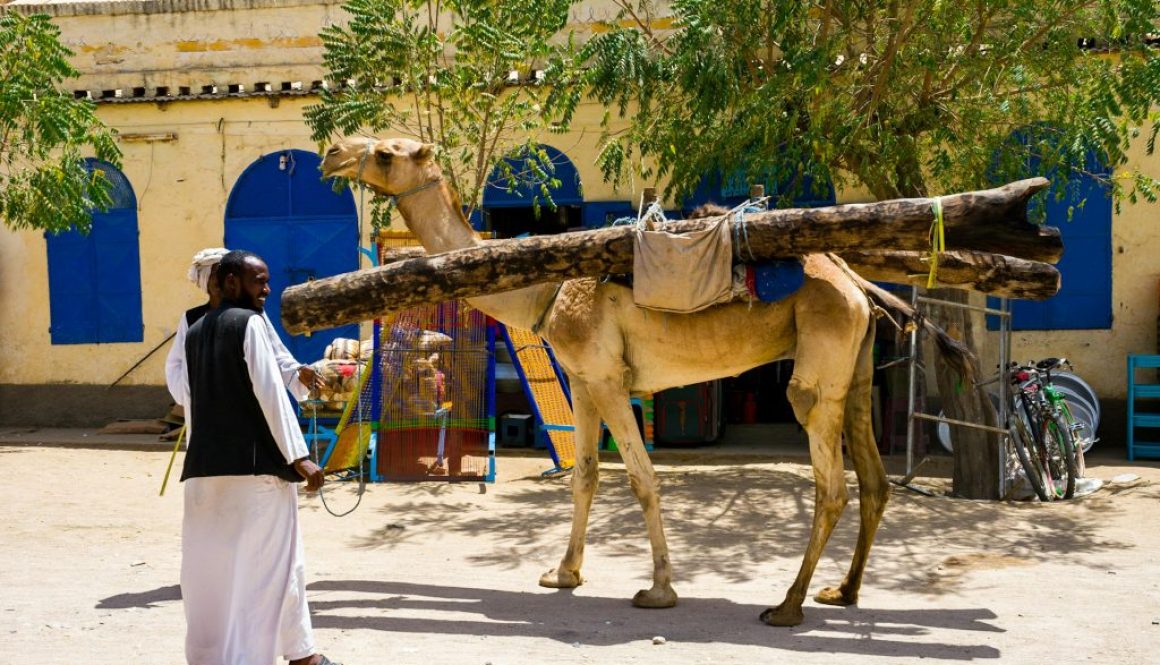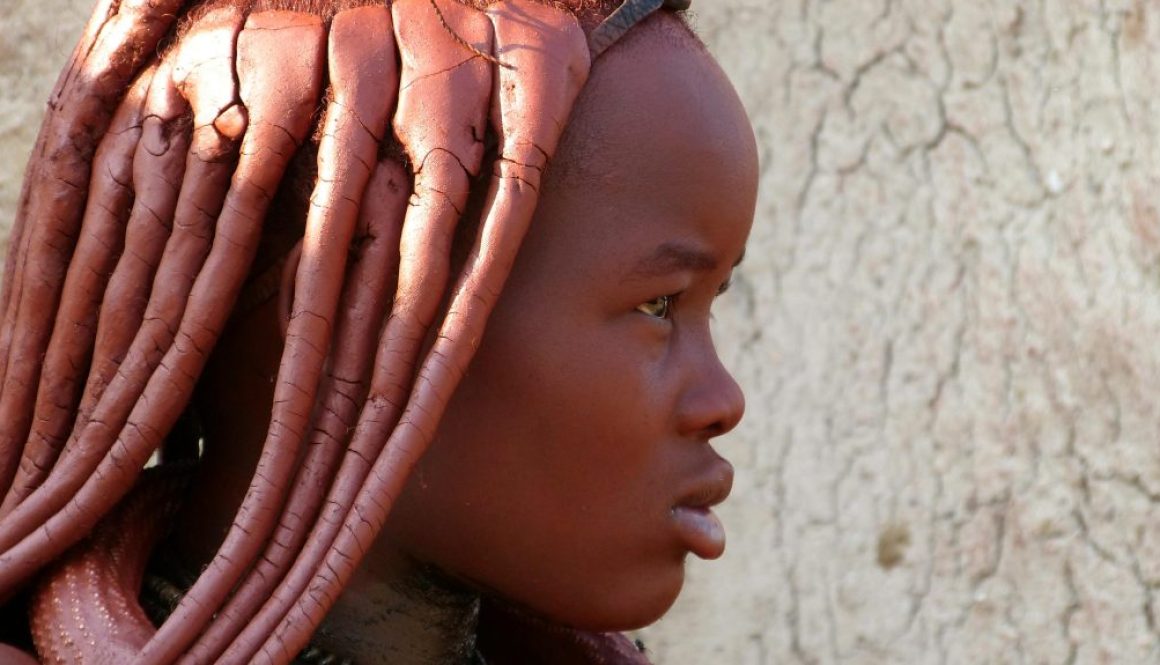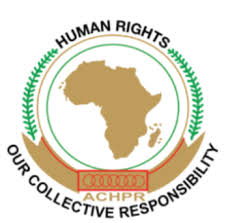 Keynote address for the Pan-African Media Councils Summit and the inaugural Annual General Meeting of the Network of Independent Media Councils in Africa
Keynote address for the Pan-African Media Councils Summit and the inaugural Annual General Meeting of the Network of Independent Media Councils in Africa
Ourveena Geereesha Topsy-Sonoo, Commissioner at the African Commission on Human and Peoples’ Rights
Distinguished representatives of media councils, distinguished guests, ladies and gentlemen,
I am honoured to participate in and deliver the keynote address.
At the outset, allow me to express my regret at not being able to be with you in person at this august gathering due to unavoidable circumstances. However, I commend the organisers for convening this important meeting under the theme of ‘Advancing Media and Communication Regulations for Journalism Excellence in Africa’.
Allow me to introduce myself. I am Ourveena Geereesha Topsy-Sonoo, Commissioner at the African Commission on Human and Peoples’ Rights. In addition, I serve as the Commission’s Special Rapporteur on Freedom of Expression and Access to Information in Africa, a special mechanism with the mandate to oversee the implementation of Article 9 of the African Charter on Human and Peoples’ Rights on the right to receive information and the right to express and disseminate opinions within the law.
Ladies and gentlemen, distinguished participants,
Freedom of expression gives special rights and duties to the media. The media informs society on matters of public interest and creates an important platform for public debate, scrutiny, and reflection
It can be said that independent media and quality journalism are considered to be watchdogs of a democratic society.
The Commission has consistently reiterated the importance of free expression and press freedom. These standards are reflected in the Declaration of Principles on Freedom of Expression and Access to Information in Africa, which was adopted by the Commission to give effect to Article 9, reaffirming in the preamble, and I quote: ‘ .. The key role of the media and other means of communication in ensuring full respect for the right to freedom of expression, promoting the free flow of information and ideas, assisting individuals in making informed decisions, and facilitating and strengthening democracy.’
It is for this reason that I hereby heartily commend the establishment of the Network of Independent Media Councils in Africa, or NIMCA, which was officially launched in May 2024 at the inaugural meeting of African media councils in Cape Town, South Africa.
NIMCA, a continental initiative, was founded to unite independent media content regulatory bodies across Africa, whose core values include freedom of expression and credible and accountable media, in addition to adherence to the Commission’s Declaration which includes several principles, but above all, stresses the importance of creating an enabling environment to achieve an independent media.
Ladies and gentlemen,
The media is entrusted with a very important role: to inform society about matters that are important to it and to create a platform for public debate, reflection, and scrutiny. A key aspect of media independence is the ability to regulate itself
It is for this reason that the Declaration includes principles on media independence.
The following are excerpts of its principles:
Principle 12 on Media Independence provides that, and I quote: ‘States shall guarantee the right to establish various forms of independent media, including print, broadcast and online media.’
‘Any registration system for the media shall be for administrative purposes only and shall not impose excessive fees or other restrictions on the media.
‘States shall develop regulatory environments that encourage media owners and media practitioners to reach agreements to guarantee editorial independence and to prevent commercial and other considerations from influencing media content.’
Furthermore, Principle 16 provides that ‘States shall encourage media self-regulation, which shall be impartial, expeditious, cost-effective and promote high standards in the media’.
‘Co-regulation may also be encouraged by states as a complement to self-regulation, founded on informed collaboration between stakeholders, including the public regulatory authority, media, and civil society’
These principles highlight the critical role played by independent media councils, in addition to the importance of media self-regulation mechanisms which are independent from government control and committed to upholding the ideals of a free press.
In addition to this, a crucial aspect of media independence is the ability of journalists and other media practitioners to work in environments conducive to their important work. It is for this reason that the Declaration stresses the important role that states play in ensuring such an enabling environment.
Specifically, Principles 19 and 20 call on States to ensure both the protection and safety of journalists and other media practitioners. Principle 20 specifically calls on States to guarantee the safety of journalists, take proactive measures to ensure their safety, raise awareness, build the capacities of journalists and policymakers, and – lastly – take legal and other measures to investigate and prosecute attacks against journalists while ensuring access to effective remedies.
Accordingly, the Declaration affirms the principles for anchoring the rights to freedom of expression and access to information in Africa, guided by hard and soft law standards drawn from African and international human rights instruments and standards, including the jurisprudence of African judicial bodies.
It seeks to enhance the promotion and protection of the rights enshrined in Article 9 of the Charter by State parties. However, it is equally important for stakeholders, including the media and civil society, to utilise the Declaration and its principles as a yardstick to gauge the extent to which these rights are protected.
Read ‘The Special Rapporteur on Freedom of Expression and Access to Information in Africa celebrates 20 years’, here
Ladies and gentlemen, distinguished participants,
The Commission has also undertaken other initiatives aimed at enhancing press freedom in Africa. For example, cognisant of emerging threats within the digital space, the Commission adopted Resolution 591 on the need to undertake a study on digital violence against women’s rights in Africa, in order to assess the underlying causes, manifestations, and impacts of digital violence against women in Africa.
The study will undoubtedly take note of the specific situation of female journalists in Africa, highlighting their concerns and proposing recommendations on the measures which can be taken to ensure their protection
In addition, an ongoing initiative of the special mechanism, as mandated by the Commission, is to advocate for the decriminalization of defamation and similar laws in Africa, as stated in Resolution 169 on Repealing Criminal Defamation Laws in Africa.
Criminal defamation laws constitute a serious interference with freedom of expression and impinge on the role of the media as a watchdog, preventing journalists and media practitioners from practicing their profession without fear and in good faith.
This standard is similarly reflected in Principle 22 of the Declaration, providing inter alia that ‘States shall repeal laws that criminalise sedition, insult and publication of false news, in addition to amending criminal laws on defamation and libel in favour of civil sanctions, which must themselves be necessary and proportionate’.
Accordingly, the Commission, through its various interventions, is committed to working with States and other stakeholders to address all legal restrictions that violate the right to freedom of expression and access to information in Africa, as well as infringe on press freedom.
Ladies and gentlemen, distinguished participants,
As you dwell on the various discussions under the global theme of this gathering, I hope you will continually consult the Declaration and indeed other soft law documents of the Commission, such as its Resolutions, which highlight the importance of freedom of expression and press freedom
While I am not with you in person, I am certain that the constructive deliberations which will be held will yield fruitful insights on the various ways to ensure media independence and press freedom in Africa.
I once again commend the various organisers of this important gathering and look forward to receiving the outcome document, which I hope will include recommendations on how we can work together to ensure the right to free expression for all, and to address the importance of the role played by independent media councils in Africa.
I thank you for your kind attention.
 A landmark victory for freedom of expression has been celebrated, with the High Court of Malawi (sitting as a Constitutional Court) declaring Section 200 of the Malawi Penal Code, which criminalised defamation, unconstitutional.
A landmark victory for freedom of expression has been celebrated, with the High Court of Malawi (sitting as a Constitutional Court) declaring Section 200 of the Malawi Penal Code, which criminalised defamation, unconstitutional.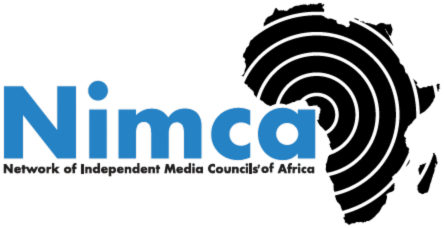
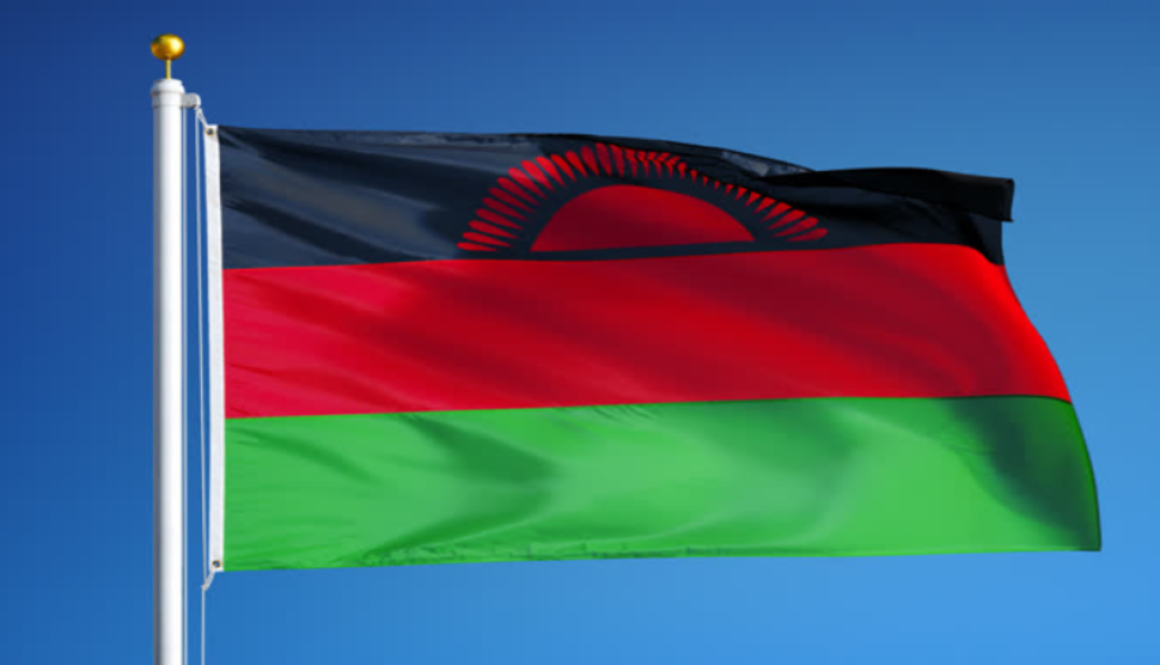
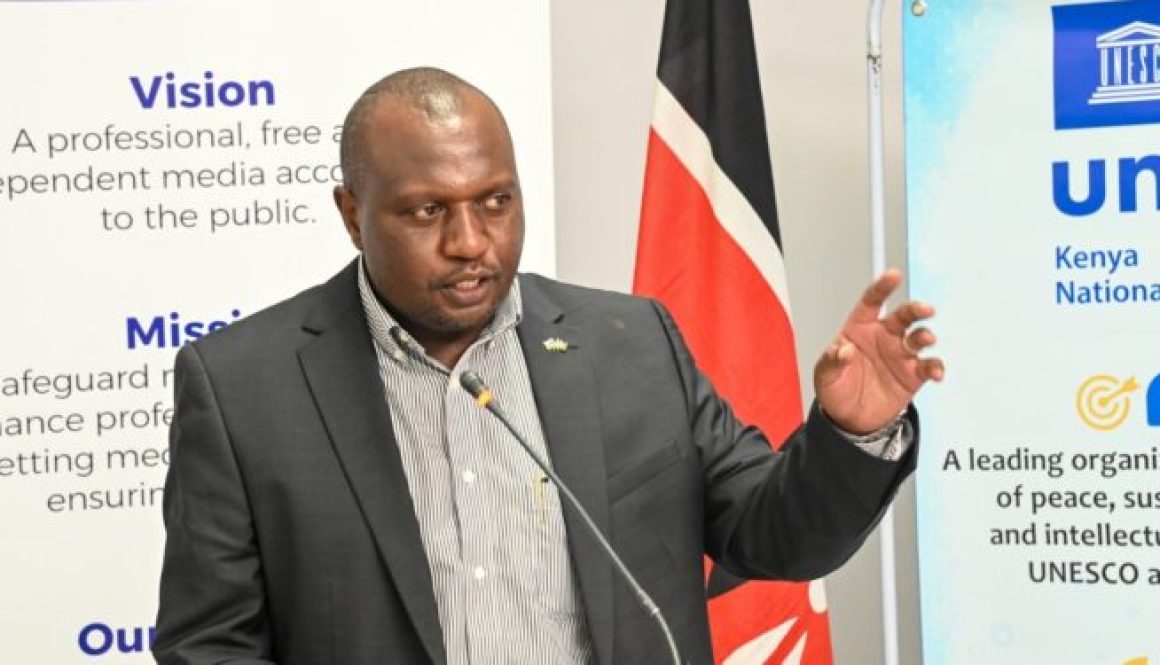
 The
The 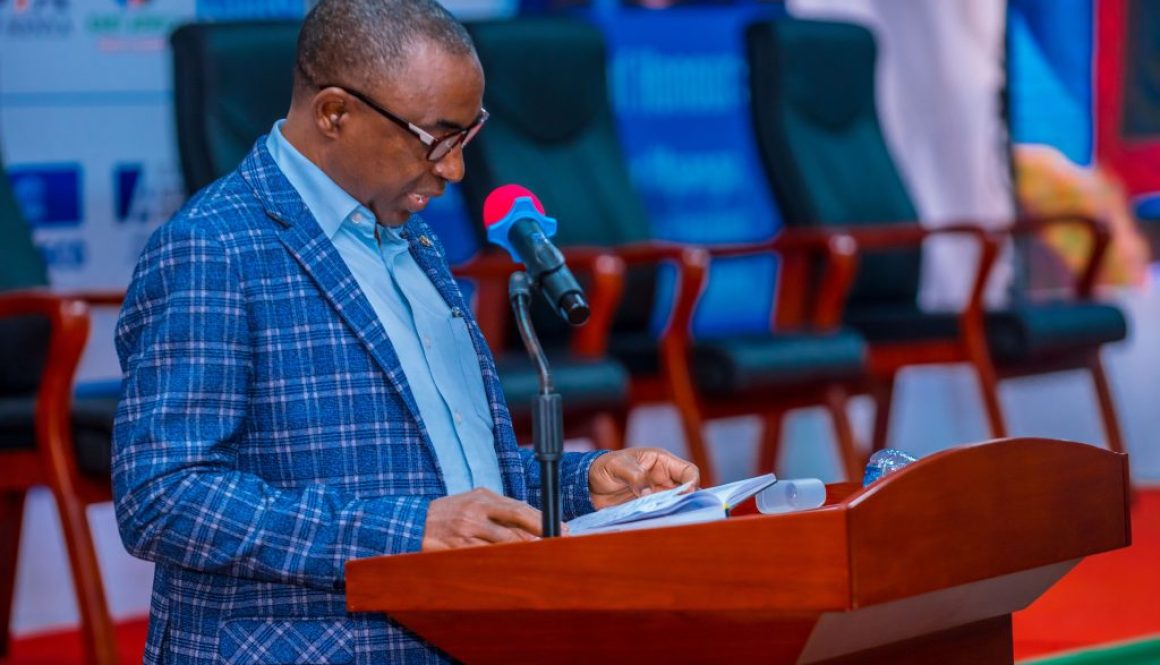
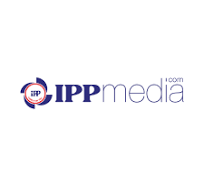 Tanzania’s Vice-President
Tanzania’s Vice-President 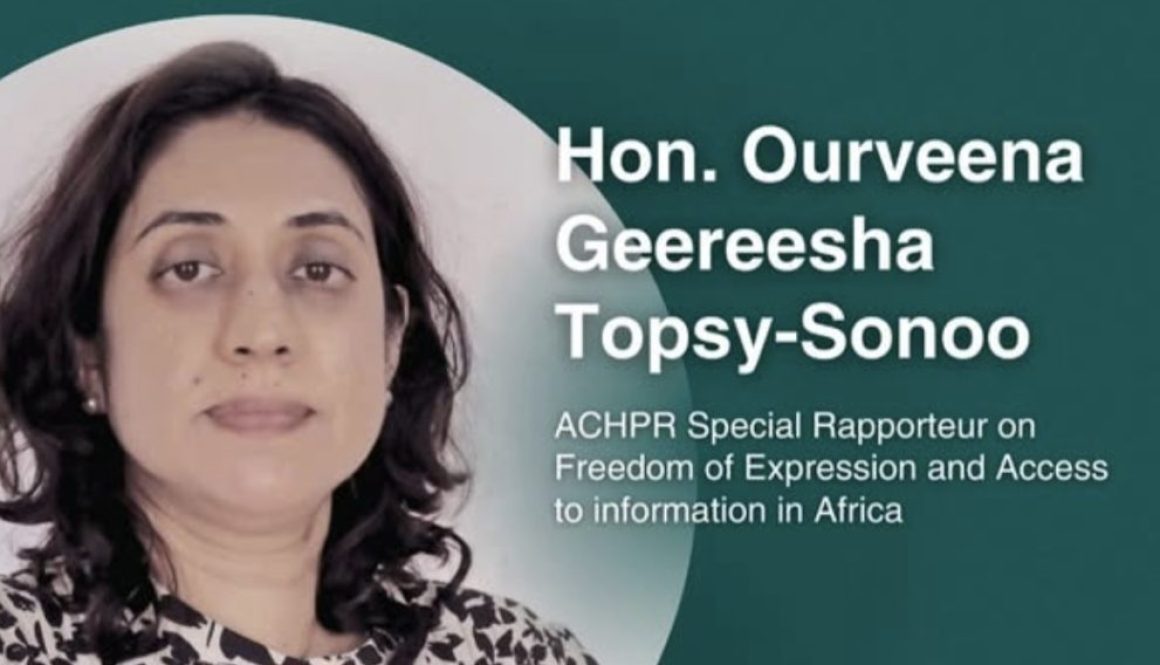
 Keynote address for the Pan-African Media Councils Summit and the inaugural Annual General Meeting of the Network of Independent Media Councils in Africa
Keynote address for the Pan-African Media Councils Summit and the inaugural Annual General Meeting of the Network of Independent Media Councils in Africa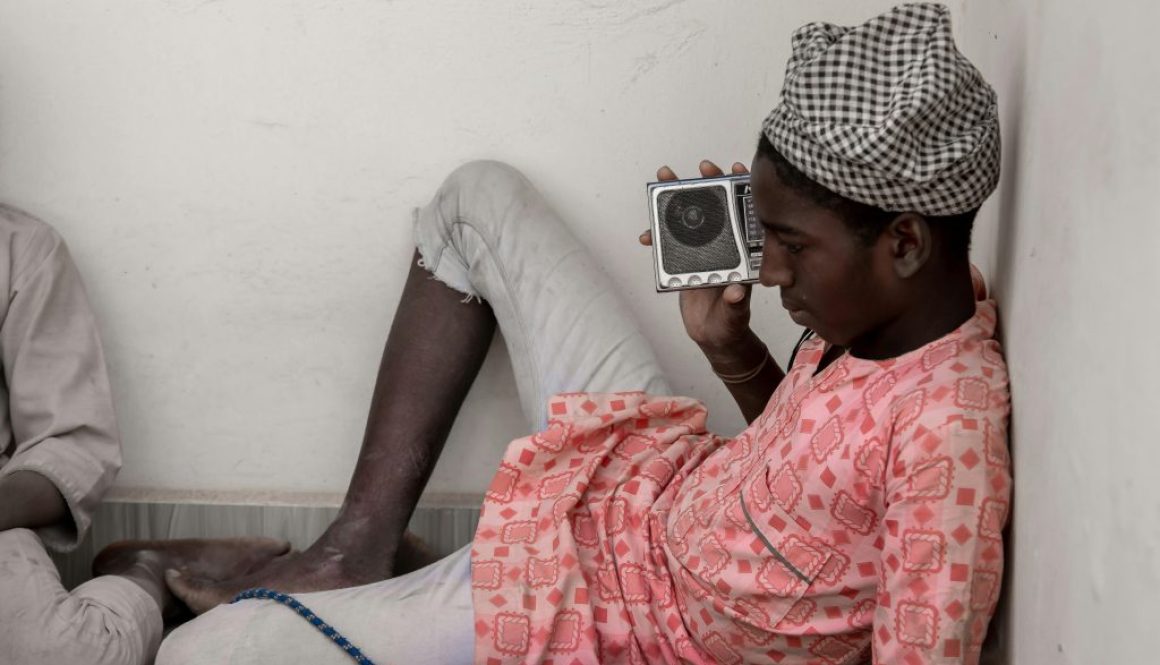
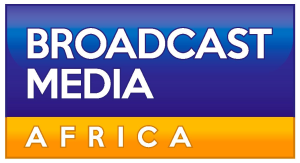 The Ghana government has granted an additional 30-day grace period to 18 radio stations that were recently shut down by the
The Ghana government has granted an additional 30-day grace period to 18 radio stations that were recently shut down by the 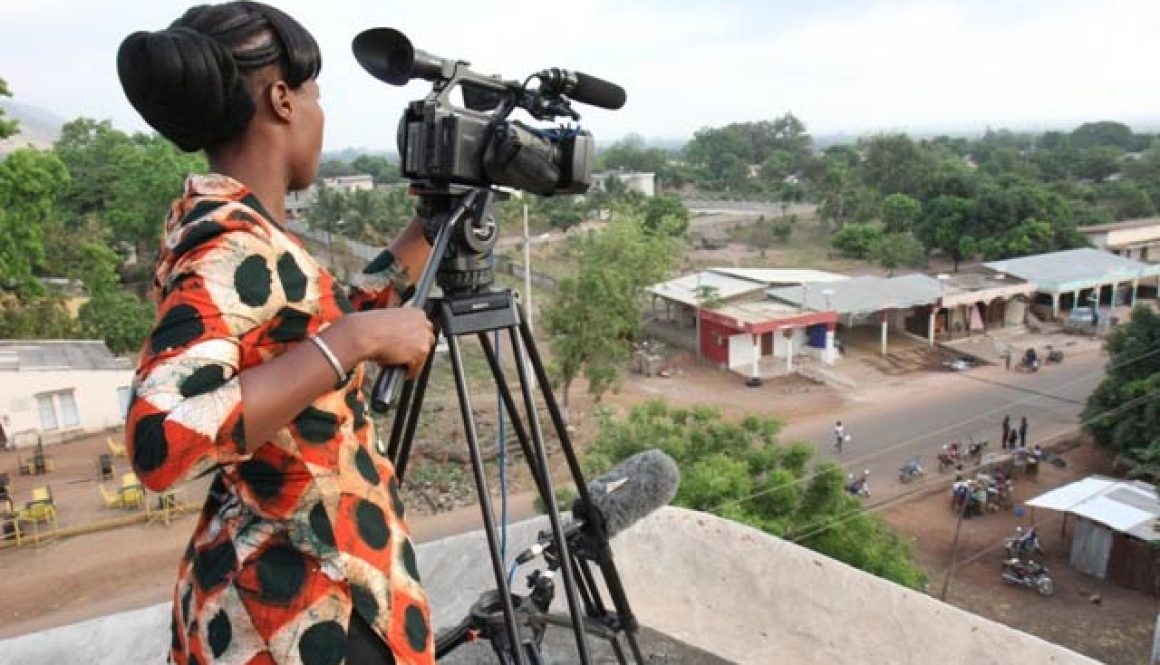
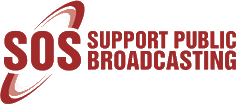 The
The 